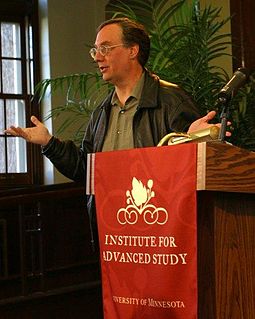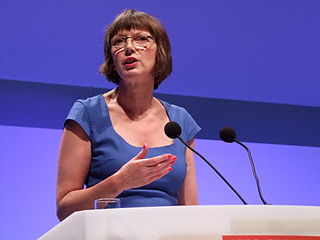A Quote by Juan Cole
I don't accept the argument of people like David Horowitz that the government should impose some sort of predetermined political balance on academic research.
Related Quotes
No senior politician can expect to have work-life balance. I'm afraid there are some jobs for which work-life balance inevitably goes out the window. If you want work-life balance you just have to accept that you can't be a senior member of a government, or for that matter a senior member of an opposition.
If you're a status quo writer, you're considered to not be political but that's as political as if you're a progressive writer. Some politics are asked to show their passports and others aren't. In the Dominican Republique, if you're slightly progressive, people have a lot of suspicions that you're up to some sort of conspiracy, that this is some sort of plot. On the other hand, if you're conservative and mainstream, people tend to take that as a given and don't notice the politics.
A sort of war of revenge on the intellect is what, for some reason, thrives in the contemporary social atmosphereThe ideas of a time are like the clothes of a season: they are as arbitrary, as much imposed by some superior will which is seldom explicit. They are utilitarian and political, the instruments of smooth-running government.



































